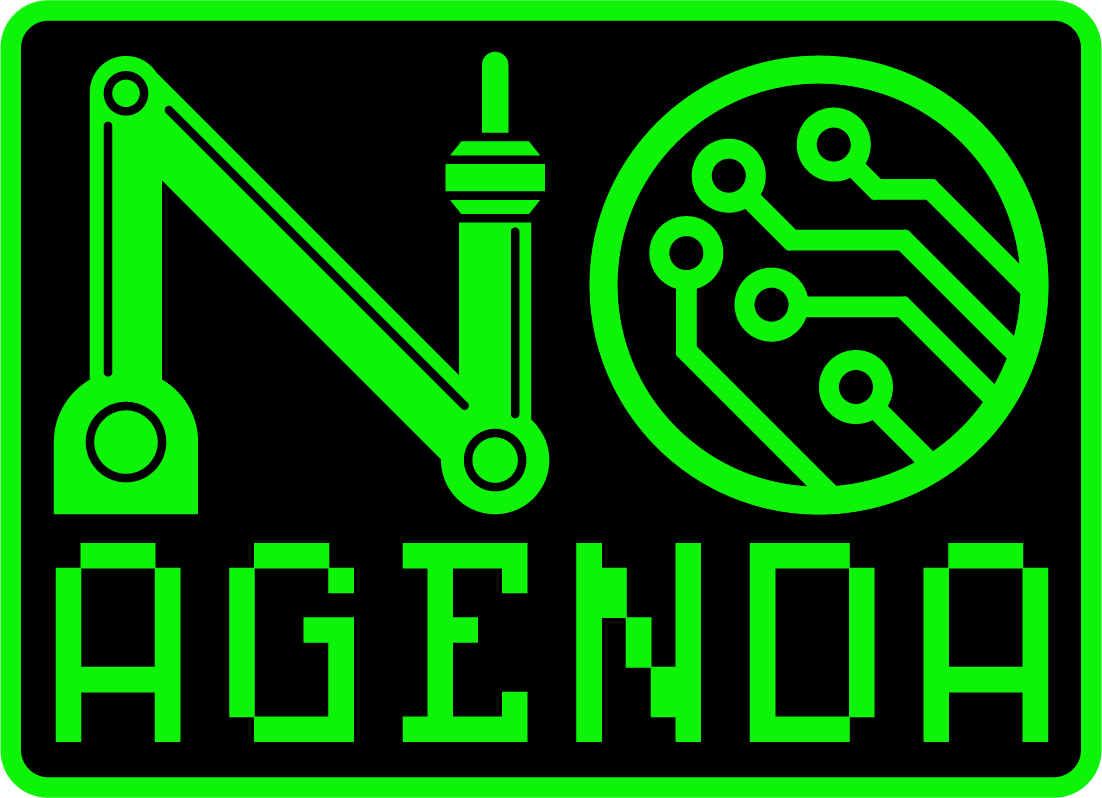| “But, why would you do it that way?” For the life of me, I couldn’t understand why my wife would possibly load the cup saucers toward the front of the dishwasher. They seemed to be such an obvious fit towards the back. And besides, putting them in the front totally messed up the system… You know, the system that made perfect sense in my head. “Well, look, these slots are skinnier so they fit perfectly here,” my wife calmly explained. “And then you can put bowls here, and cups here.” What madness, I thought to myself. Yes, my wife and I have completely different ways of loading the dishwasher—don’t get me started on whether silverware should go handle up or down—but the thing is, whoever does it, the dishes always get clean. Which leads to a very important point: There’s more than one way to load a dishwasher Perspectives are different. Ways of doing things are different. But variety is a good thing. It allows for creativity. Individualism. Freedom of expression. So, why do you and I get so emotionally attached to our way of doing things? Why does the way someone else loads the dishwasher—or, the way they complete an assignment at work—frustrate us, irritate us, or upset us? There are a few reasons: 1. Differing personalities. Our personalities are endlessly complex, but researchers have simplified them by focusing on five major traits, known as the “Big 5” (also known as the OCEAN model): Openness (or, Openness to experience) Conscientiousness Extraversion Agreeableness Neuroticism Your level of Conscientiousness partially determines how structured you like things. Your Openness level helps determine how much you like routine, and how hard it when others disrupt that routine. And your Agreeableness level influences how much you value your opinion over others. Each of these traits will have a bearing on how you deal with others who have a differing opinion. 2. Habits are hard to break. You develop habits when you experience a reward. When you’re convinced that doing things another way won’t turn out as well, it can be hard to change. For example, I like loading the silverware “handle up” because I find it easier and less messy. And while my wife insists everything gets cleaner when you put the handles down, I think the improvement is negligible, so I rarely do it. (Although, admittedly, she’s right. Shh—don’t tell her I said that.) But I want you to remind yourself of something. Come on, say it with me: There’s. More. Than. One. Way. To. Load. The. Dishwasher. In the workplace, keeping this principle in mind will make you a better leader. You won’t micromanage; instead, you’ll recognize that it’s not bad to do things another way, especially if the job still gets done. And not only is it not bad—it’s good, because it helps people feel safe and comfortable in the workplace. This is part of building an emotionally intelligent culture, one with trust and psychological safety, which allows people to enjoy their jobs more. At home, keeping this in mind will make you a better spouse and parent—for many of the same reasons. It’ll make your home a more pleasant place to be, too. Finally, research shows that the more flexible and adaptable we are, we increase our abilities to: get along with others have healthy relationships think critically and outside the box successfully navigate challenges, bounce back from adversity, and generally be more resilient So…if you’re like me, and you find that you’re overly attached to the way you do things, remind yourself: There’s more than one way to lead a dishwasher. As you do, you might find their way isn’t so bad after all—maybe even beneficial… And you’re becoming more emotionally intelligent in the process. |
Talk soon,
Justin


Leave a Reply